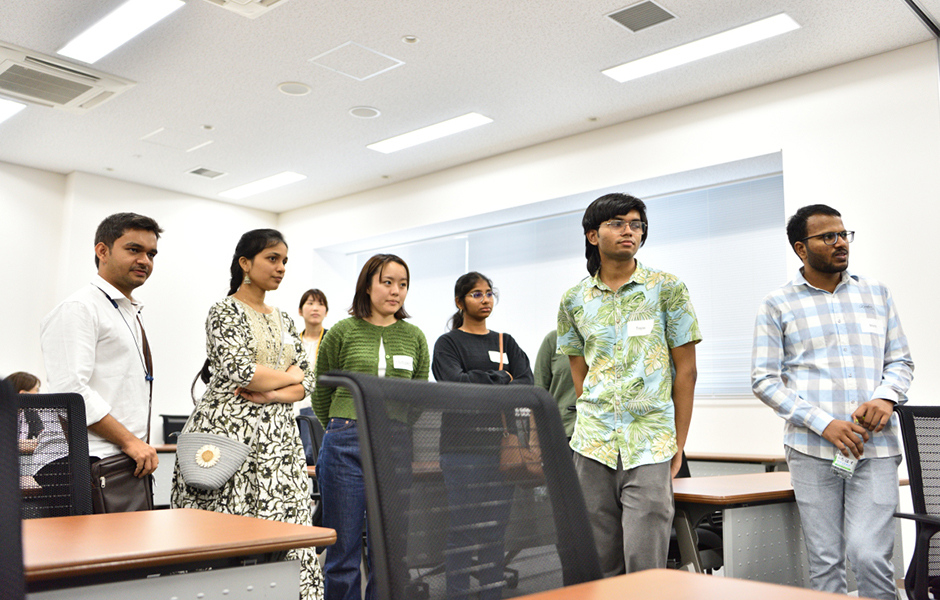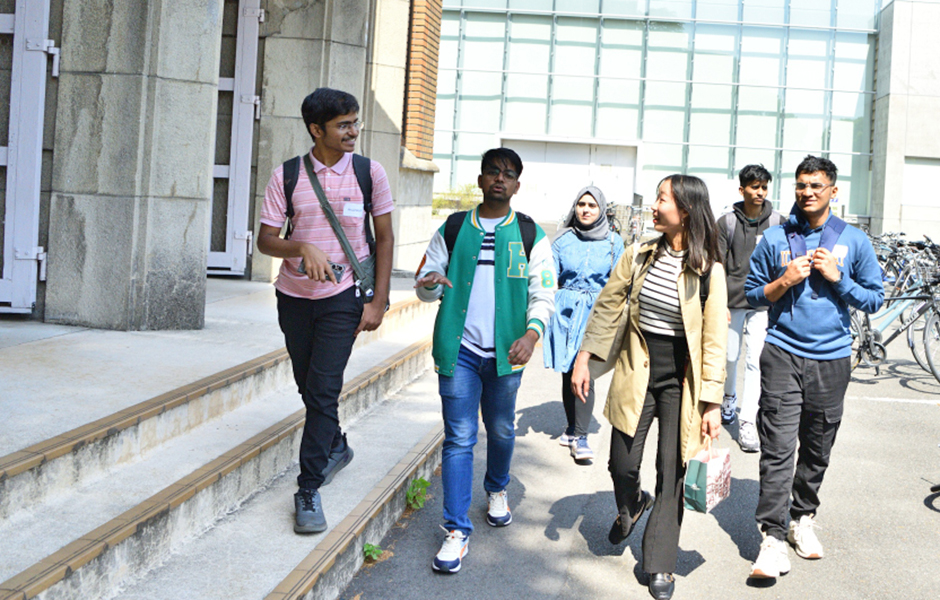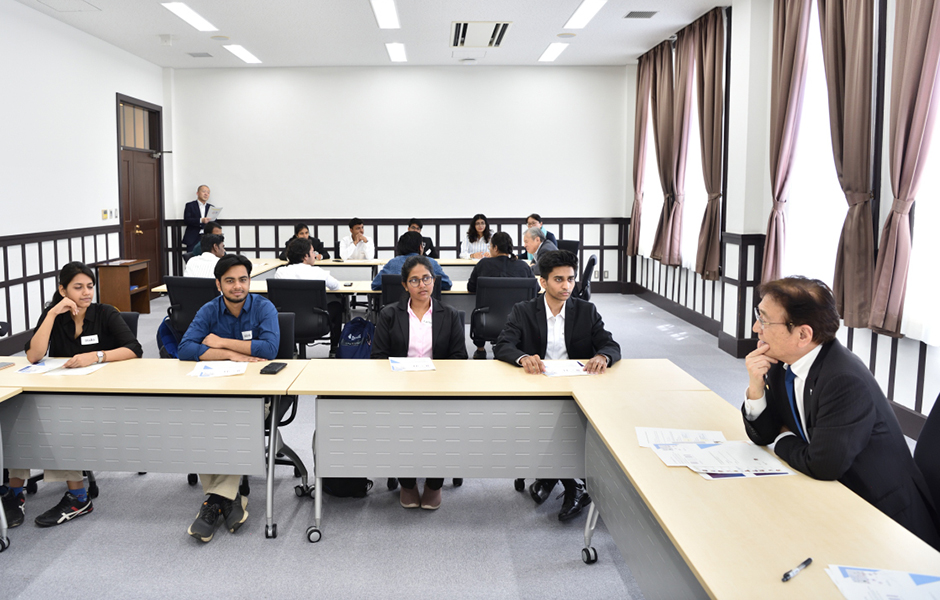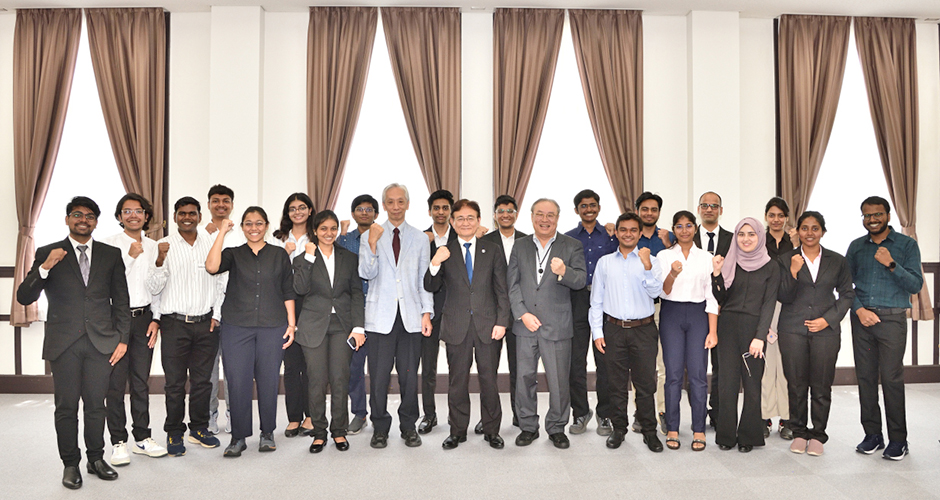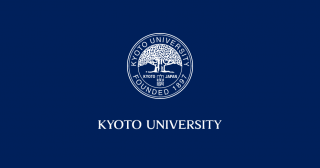As part of its efforts to increase international student enrollment at the University's graduate schools, the Division of Graduate Studies has launched the Kyoto University Short-Term Academic Research (KU-STAR) Program with its first iteration taking place from 17 May to mid-July 2024. The inaugural cohort of participants was selected from India in alignment with the Japanese government's policy of attracting highly skilled Indian professionals to work in the country and with the University's recent focus on recruiting from Indian institutions. The class consisted of 18 students from the Indian Institutes of Technology (IITs), representing different class years and majors, selected from 128 applicants across multiple institutes as follows: eight from IIT Madras, four from IIT Bombay, three from IIT Delhi, and one each from IIT Kharagpur, IIT Kanpur, and IIT Guwahati. During the 17 May-to-mid-July period, the students will hone their research skills at their chosen laboratories and learn about Japan through activities such as Japanese language classes and a company visit.
The first day consisted of an orientation, welcome lunch, and campus tour. The orientation began with welcome remarks and words of encouragement from the following KyotoU officials: Dr Takao Hirajima, director of the Division of Graduate Studies; Dr Akira Murakami, dean of the Graduate School of Advanced Integrated Studies of Human Survivability (GSGAIS); and Fuyuki Ishikawa, director of the Kyoto University Research Administration Center (KURA). The students seemed relaxed and excited about the cutting-edge research and life in Kyoto awaiting them over the next two months. Having only recently met each other, they enjoyed the welcome lunch and campus tour as opportunities for socialization.
On 5 June, the students met with President Nagahiro Minato and Dr Tetsuo Sawaragi, executive vice president for research ethics, integrity, code of conduct, and international affairs, to discuss their research environment and career aspirations. The meeting's main purpose was for the participants to reflect on their first two weeks with KU-STAR and to review their research plans for the program. Impressed with the University's research environment, especially the independence of researchers and well-equipped laboratories, some students indicated an interest in studying at the University's graduate schools. President Minato and EVP Sawaragi were impressed and inspired by the students' passionate presentations of their research and career goals. In closing, the President and EVP encouraged the students to make the most of the program, while the students expressed their determination to achieve their research goals.
With the KU-STAR Program scheduled to present a wide variety of activities through mid-July, Kyoto University hopes to report on the participants' achievements over the coming months.
